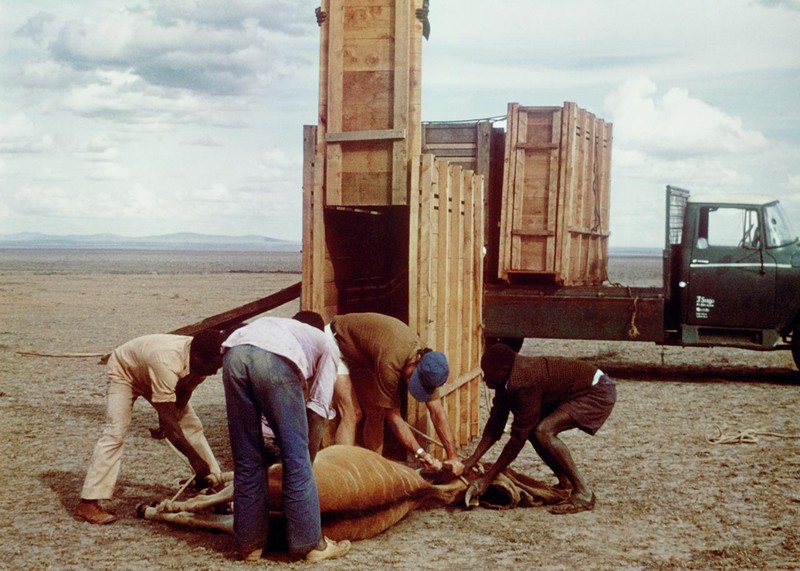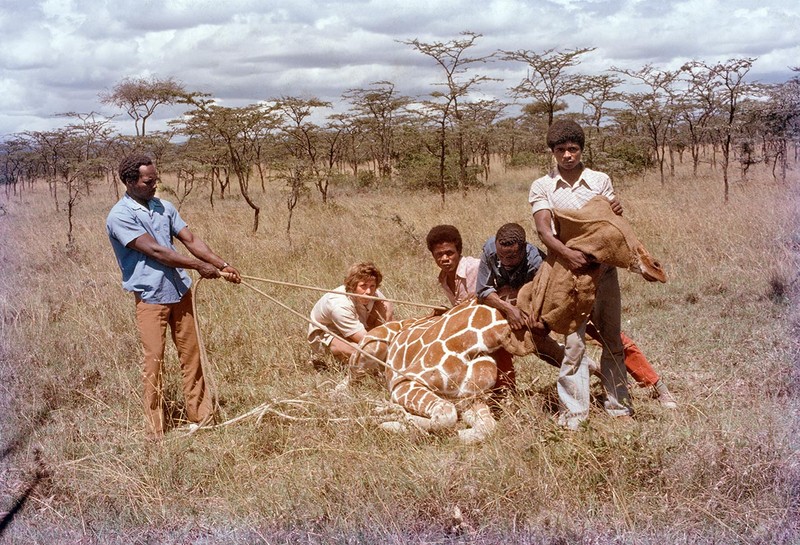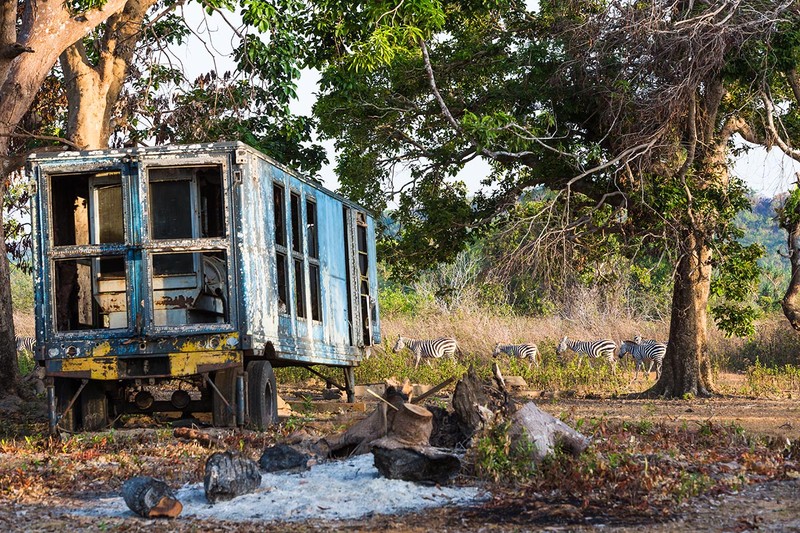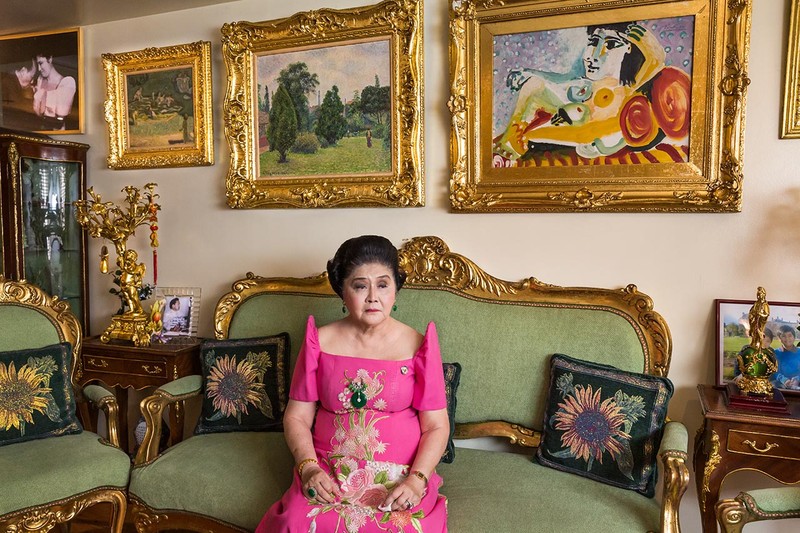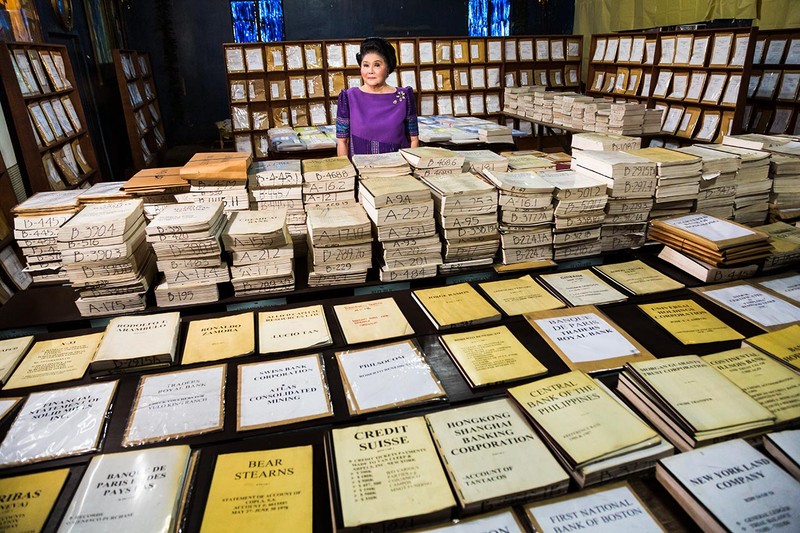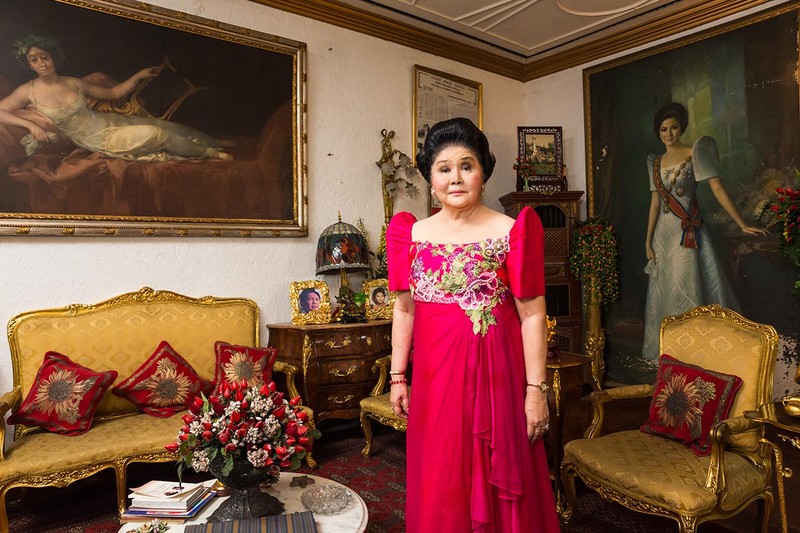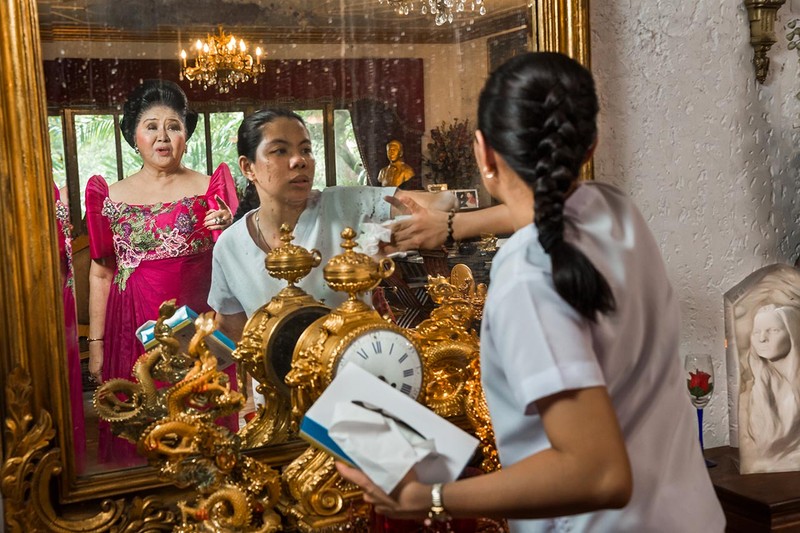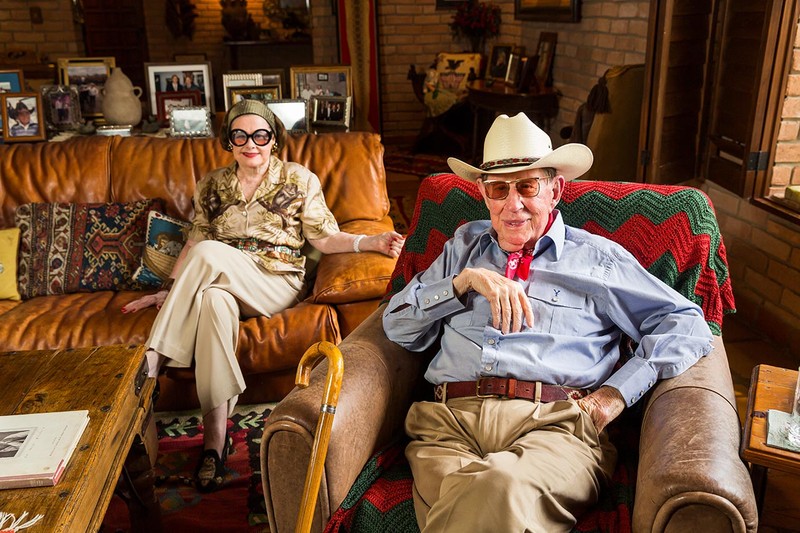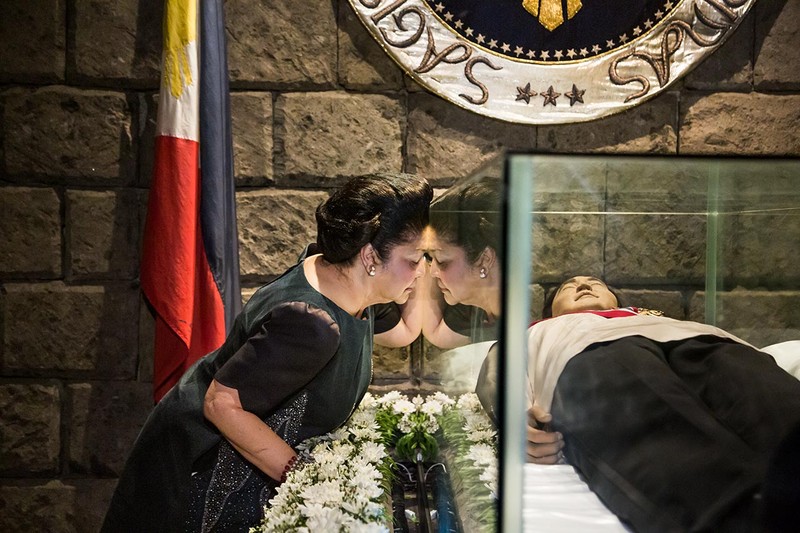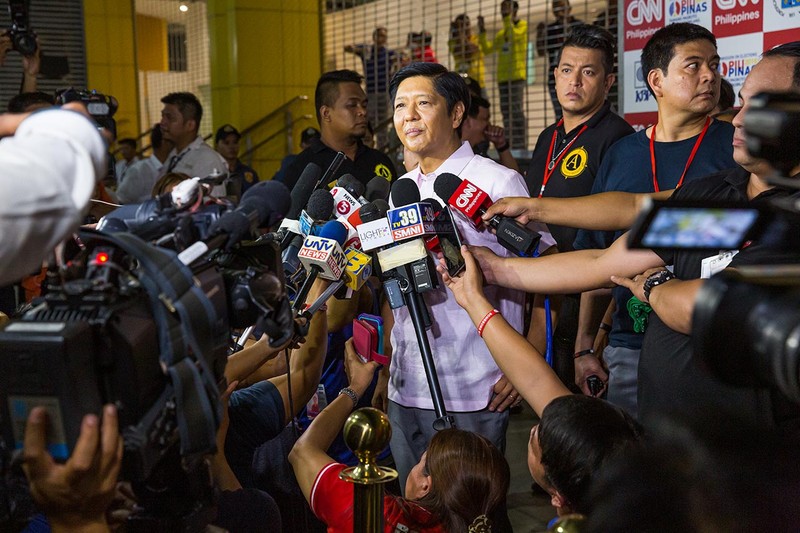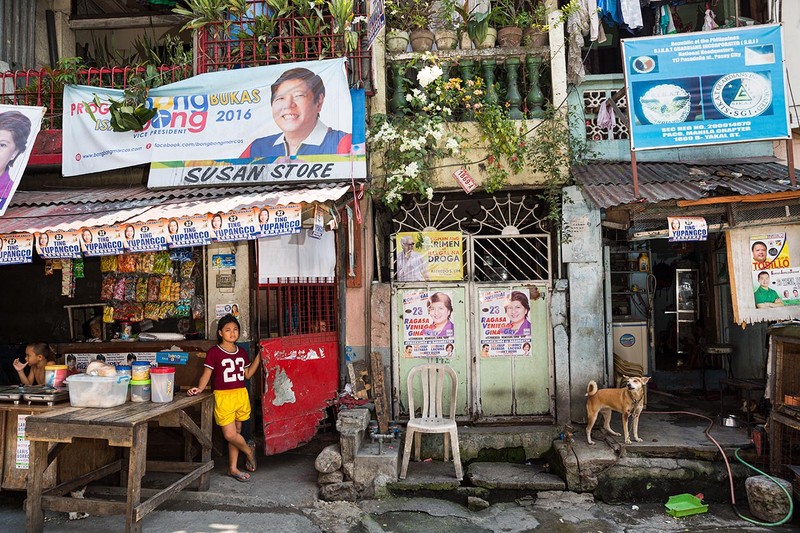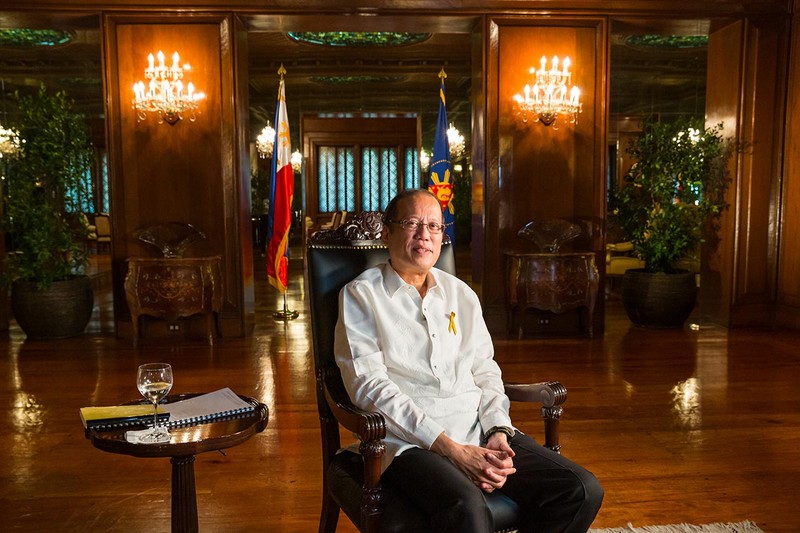The Kingmaker
© Lauren GreenfieldDuring my long-term investigations of wealth as a photographer and filmmaker, Imelda Marcos, the former First Lady of the Philippines, has been a reference point as a global icon of excess. I was astonished when I learned that, after she and her husband, Ferdinand Marcos, were ousted by a popular uprising and fled into exile, she had somehow managed to return to the Philippines and reenter politics as a congresswoman. My fascination with her grew when I read an article by Bloomberg reporter Bill Mellor about a little-known footnote of her legacy: In 1976, she and President Marcos set out to create a safari park by evicting the population of the island of Calauit and importing 104 African animals. Since the fall of the Marcos regime, the animals have survived on the island without the Marcoses’ patronage in a warped and neglected ecosystem plagued by four generations of inbreeding.
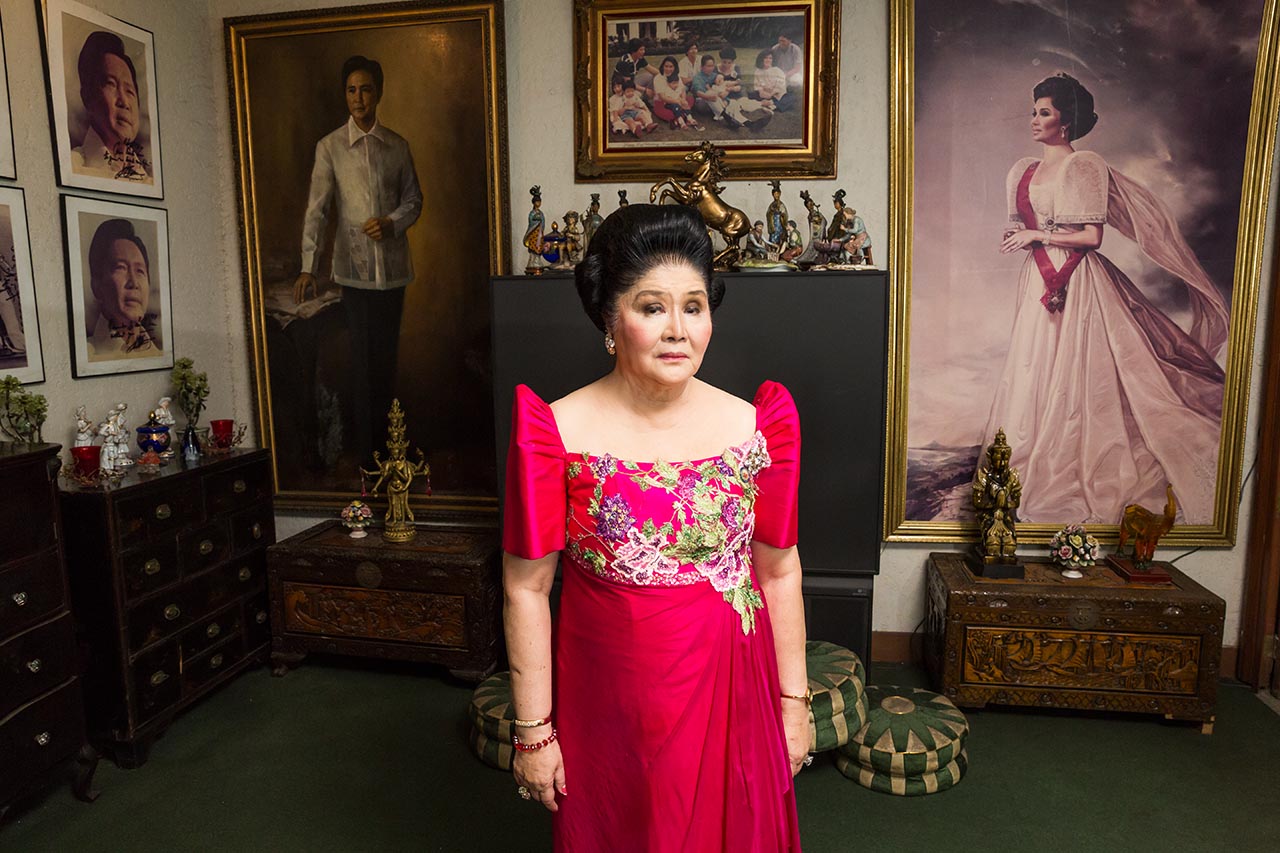
I began filming Imelda in 2014, expecting to make a movie about this singular episode of extravagance: a deposed queen and her pet project, two parallel tales of survival against the odds. I thought that, at the advanced age of 85, Imelda might reflect on her unique brand of female power—as half of what was famously called a “conjugal dictatorship.” I even thought that the film might become a redemption story about an extraordinary woman who seemed kind, generous, and charismatic, still adored by her fans despite the fact that she and her husband had been accused by authorities of stealing as much as $10 billion from the Philippine people.
As I interviewed Imelda, however, I came to realize that not only her account of the safari park facts, but also her broader narrative of her family’s benevolent leadership contradicted historians’ accounts and testimonials from victims of the Marcos regime’s abuses. I delved further into the conflicting accounts and discovered that, as she and her family pursued a return to power, Imelda was successfully rewriting history. Her version of reality, which to any critical eye seemed to be a rose-tinted fantasy, was actually gaining traction with the public, particularly among the young, who had no memory of the Marcoses’ corruption and human-rights abuses.
Increasingly I saw that Imelda remained a skilled “political animal,” as her son Bongbong described her, with ambitions of a second act for the Marcos family. When I began this journey, Bongbong’s bid to become vice president seemed a long shot. As it became clear that Imelda’s efforts to clear his path to the presidential palace seemed only too likely to succeed, I found myself following an improbable comeback story fueled by Imelda’s unquenchable will to power. Along the way I learned a lot about the fragile nature of democracy and the terrifying ease with which a country can return to authoritarianism.
-Lauren Greenfield, October 2019
click to view the complete set of images in the archive
